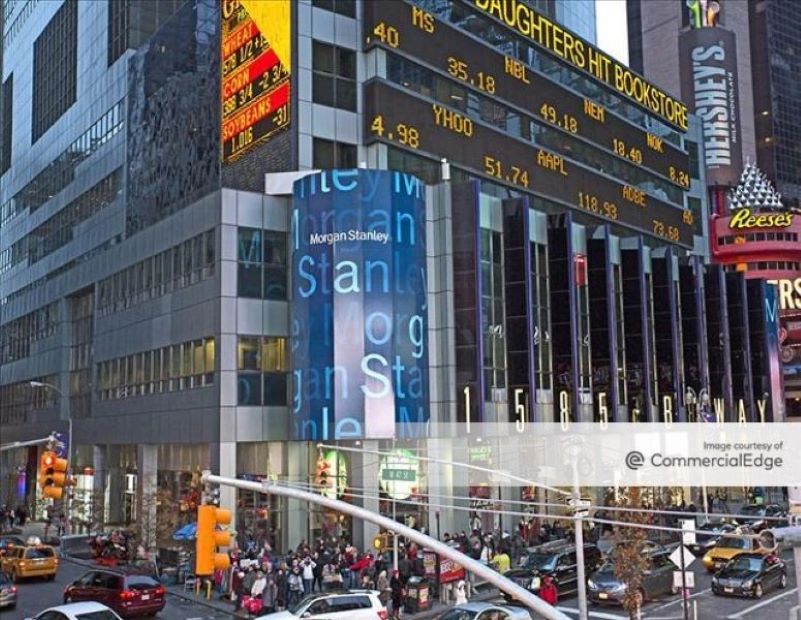Economy Watch: Hints of QE3; Mortgage Delinquency, Restaurant Spending Drop
The Fed chairman hinted at a possible economic stimulus coming, but no specifics have yet been given. Mortgage delinquencies are slightly down for the month. Restaurant spending by Americans has decreased.
By Dees Stribling, Contributing Editor
Investors waited all week for Ben Bernanke’s annual Jackson Hole, Wyo., end-of-summer speech, and the chairman of the Fed delivered … something. Not any clear indication of QE3 ahead, but he did offer up pretty much the same assurance that he has for months, namely that the central bank stands ready to try to prime the economy’s pump once more. No details were forthcoming on timing, however.
Yet, the chairman was unusually direct about the state of the economy, which was taken as the main hint that QE3 is in the offing. Be that as it may, Bernanke said that, “Growth in recent quarters has been tepid, and so, not surprisingly, we have seen no net improvement in the unemployment rate since January. Unless the economy begins to grow more quickly than it has recently, the unemployment rate is likely to remain far above levels consistent with maximum employment for some time.”
Bernanke also stressed that the Fed has no magic wand (to paraphrase a bit). “Monetary policy cannot achieve by itself what a broader and more balanced set of economic policies might achieve,” he said. “In particular, it cannot neutralize the fiscal and financial risks that the country faces.” That is, he was calling on Congress to get its act together in the face of the fiscal cliff and other, longer-term threats to the nation’s economic health.
GSEs Report That Mortgage Delinquencies Edge Down
Fannie Mae reported on Friday that the single-family serious delinquency rate for loans that it owns or guarantees–more than three months passed due, or in foreclosure, according to the GSE’s reckoning–declined slightly in July to 3.5 percent from 3.53 percent June. The rate is down from 4.08 percent during the same month last year, with July 2012 marking the lowest level since April 2009. The rate’s most recent peak was February 2010, when it was 5.59 percent.
As for Freddie Mac, it reported that the single-family serious delinquency rate for its loans was 3.42 percent in July, also representing a small downtick from June’s 3.45 percent. But there’s been only a slight annual improvement: in July 2011 the rate was 3.51 percent. Freddie Mac’s peak rate for serious delinquencies was 4.2 percent, in February 2010.
These percentages are improvements, but not “normal” delinquency rates yet, or at least not normal compared with the years from 1998 to 2008. During the decade before the onset of the Great Recession, serious delinquencies for both Fannie and Freddie were consistently below 1 percent.
Americans’ Restaurant Spending Down
Spending in U.S. restaurants — one indicator of consumers’ ability and interest in spending their discretionary income –was down slightly in July, according to the National Restaurant Association. Its Restaurant Performance Index stood at 100.2 in July, down 1.1 percent from June and the lowest mark since a reading of 100.0 in October. Still, July represented the ninth consecutive month that the index stood above 100, which signifies continued expansion for the industry.
Wall Street ended on Friday with a pre-holiday bounce, erasing most of the losses of the previous day. The Dow Jones Industrial Average gained 90.13 points, or 0.69 percent, while the S&P 500 was up 0.51 percent and the Nasdaq advanced 0.6 percent.








You must be logged in to post a comment.